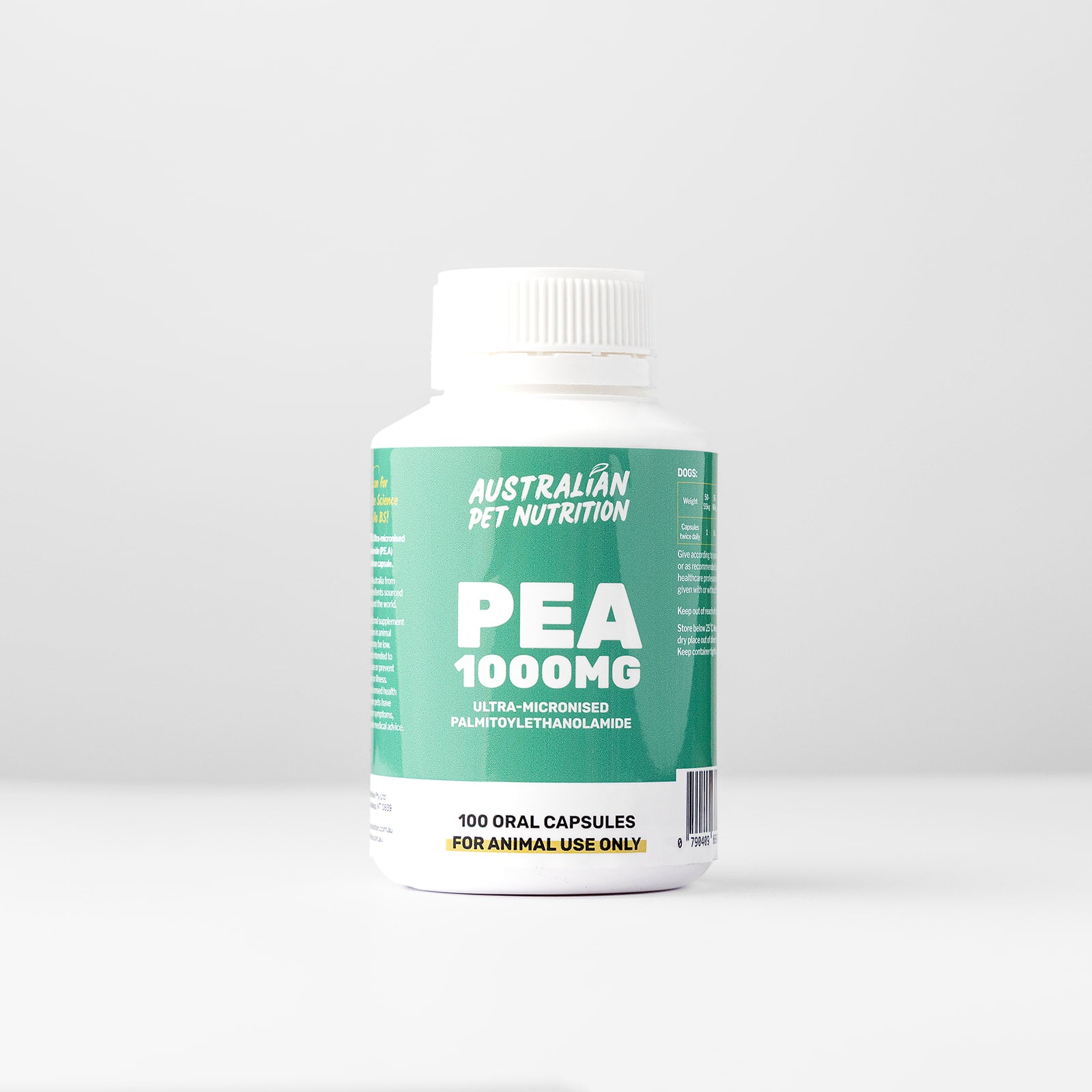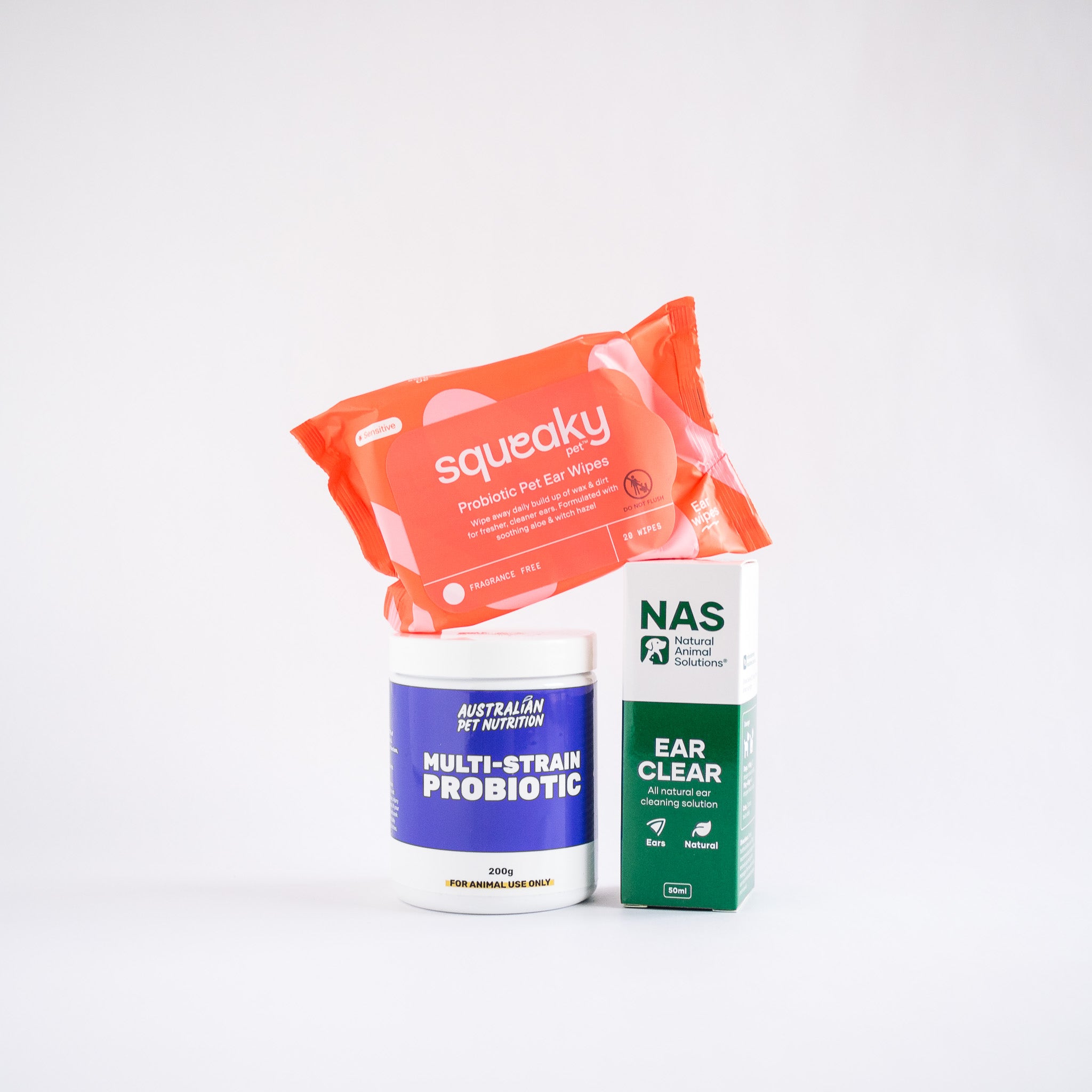Breed-Specific Kibble: The “Name on the Coke Bottle” of the Pet Food World
Have you ever seen your dog’s breed printed on a shiny bag of kibble and thought, “Wow, that’s perfect for my dog!”?
That’s exactly the reaction the marketing teams were hoping for.
It’s clever — but not necessarily honest. Just like Coca-Cola’s famous campaign where they printed people’s names on bottles, breed-specific pet foods play the same psychological trick.
They make you feel special — like the product was made just for you.
But underneath the glossy label, the product is still… the same soda.
🧠 The Psychology of “Breed-Specific” — Marketing, Not Science
When Coca-Cola put “Sarah,” “Tom,” or “Hannah” on bottles, the ingredients inside didn’t change.
It was still sugar, colouring, and carbonated water.
Breed-specific kibble does something very similar.
The big pet food brands discovered that by printing “Labrador,” “French Bulldog,” or “Golden Retriever” on a bag — and maybe tweaking the kibble shape or swapping one ingredient for another — they could charge a premium and build emotional loyalty.
Because who doesn’t want to do the best for their beloved breed?
But here’s the truth: dogs don’t need breed-specific processed foods — they need real, fresh, species-appropriate nutrition.
🦴 Same Brand, Different Countries… Different Ingredients
One of the more concerning discoveries in recent years is that some brands — including Royal Canin — have been found to use different ingredients for the same “breed-specific” product in different countries.
That means a “Labrador Retriever” formula sold in the UK might not have the same recipe as the “Labrador Retriever” formula sold in Australia or Canada.
So much for precise nutritional tailoring.
It shows that these formulas aren’t really designed for your breed’s biological needs at all — they’re designed for the market they’re being sold in.
If the same “breed-specific” food can change depending on supply chain or country, how can it truly be based on your dog’s breed?
🧬 What Really Matters Isn’t Breed — It’s Biology
Your dog’s nutritional needs aren’t written in their pedigree papers.
They’re determined by:
• Age and life stage
• Activity level and environment
• Health status (joints, kidneys, digestion, allergies, etc.)
• Quality of ingredients and digestibility
Those factors matter far more than whether your dog is a Dalmatian or a Dachshund.
What every dog’s body truly craves is fresh, whole, balanced food — not a bag of heavily processed pellets made shelf-stable for two years.
No amount of “breed-specific” branding can make extruded kibble into biologically appropriate nutrition.
🌿 Fresh Food Doesn’t Need a Breed Label
When you feed real food — lean meats, organs, fresh vegetables, natural fats, micro-nutrients and functional supplements — you’re nourishing the individual dog, not a marketing category.
A fresh, balanced whole-food diet can be gently adjusted to suit your dog’s life stage, size, energy needs, sensitivities, and health goals.
That’s true personalisation — not a clever bag design.
💬 The Honest Takeaway
Breed-specific kibble isn’t a scientific breakthrough — it’s a marketing campaign with a sprinkle of pseudo-nutrition.
It’s the pet food industry’s version of the “Share a Coke” gimmick: your pet’s name (or breed) on the packaging to make you feel seen, while the real content remains industrial and ultra-processed.
If the goal is to help your pet thrive, not just survive, skip the breed labels and feed what nature intended — fresh, balanced, species-appropriate whole foods.
Because your dog doesn’t need a “Labrador formula.”
They need real nutrition.
✨ Final thought
Coca-Cola’s bottles said, “Share a Coke with [your name].”
Breed-specific kibble says, “Feed [your breed].”
But both are selling the feeling of connection, not genuine, individual care.
Real love — and real wellness — happens in the bowl when you feed whole food, not hype.
📚 Evidence Summary
1. Breed differences exist — but don’t justify “breed-specific kibble.”
A large-scale study of 586 dogs found variations in energy requirements between breeds, mainly due to differences in body size and activity level — not unique nutritional needs.
Source: Petfood Industry, “586 Dogs Nutrition Study,” 2024.
2. Veterinary experts acknowledge minimal proven benefit of breed-specific diets.
Experts note that while breed-specific foods are not harmful, there is no strong scientific evidence proving they offer advantages over balanced, high-quality diets appropriate for life stage and size.
Source: Lancaster Puppies, “Breed-Specific Dog Food – Necessary or Marketing?”, 2023
3. Marketing, not biology, drives most breed-labelled formulas.
Breed-specific diets often cost more but lack clear, research-backed benefits. Their main distinction lies in branding and minor formulation changes, not in substantial nutritional differentiation.
Source: Pet Drugs Online, “Complete Guide to Breed-Specific Dog Foods,” 2023.
4. Ingredient differences across countries undermine the “precisely tailored” claim.
Reports have shown that some brands — such as Royal Canin — use different ingredient lists for the same breed-labelled product in different countries, suggesting that formulations are adapted to local supply chains rather than specific genetic needs.
Source: Dog Food Advisor Forum Discussion, “Royal Canin – Different Ingredients in Different Countries,” 2022.
5. Even brand statements emphasise marketing design more than independent science.
Royal Canin describes its formulas as “adapted to support the specific needs of breeds, sizes, and lifestyles,” yet no peer-reviewed research demonstrates superior outcomes from these diets compared with balanced, non-breed-specific alternatives.
Source: Royal Canin Corporate Materials, “Our Nutritional Approach,” 2023
Summary
Current evidence shows that while breeds may have varying energy needs, there is no independent scientific proof that breed-specific processed foods improve health outcomes.
These formulas serve primarily as a marketing strategy, not a biological necessity — much like putting people’s names on Coca-Cola bottles.
A fresh, balanced, whole-food diet remains the most natural and beneficial choice for dogs of all breeds.








